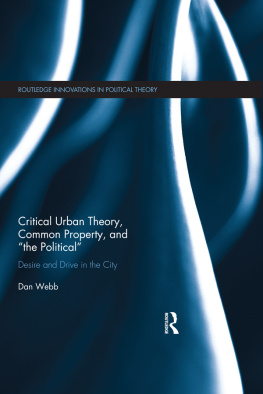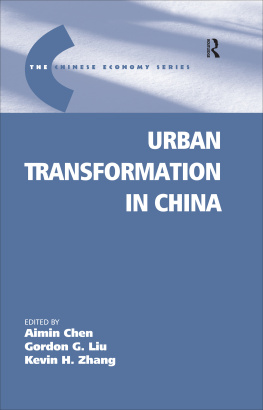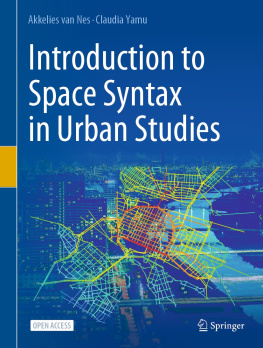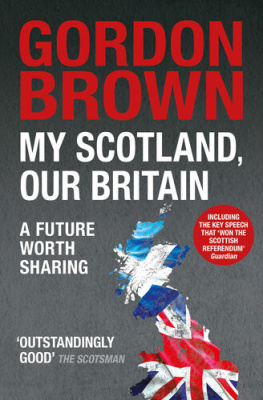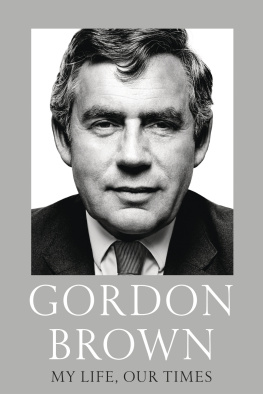
Access, Property and American Urban Space
This book explains why the earliest cities had grid-form street systems, what conditions led to their being overwhelmingly preferred for 5000 years throughout the world, why the American Founding Fathers wanted grid-form cities and how they affect economic transactions. Real property has been instrumental in forming urban settlements for 5000 years, but virtually all urban form commentary, theory and research have ignored this reality. The result is an incomplete and flawed understanding of cities. Real property became a means of arranging spatial patterns caused by millennia of human evolutionary and historical developments with respect to access and movement. As a result, access to resources of all types became a regulatory mechanism controlled, at least in part, by real property ownership.
The effects of real property on urban spatial patterns are currently best seen by examining American urban space, which has changed significantly over the past 200 years. This change, which began in the 1840s and established path dependence through a combination of design thought, sentimental pastoralism and financial prowess, resulted in an urban regime shift that diminished economic resilience. This book offers a rethinking of how real property relates to real space; examines the thought of form promoters; links space, property, neurological evolution and settlement form; shows that access is measurable and describes the pluses and minuses of functionalism, rent-seeking, general-purpose technology, grid-form street systems and what the Founding Fathers thought about urban form.
M. Gordon Brown is Principal of Space Analytics in Wauconda (Chicago) where he consults and does expert witness work on the built environment. He was a professor of architecture at three major American universities and head of the Real Estate Program at Eindhoven University of Technology.
Routledge Studies in Human Geography
For a full list of titles in this series, please visit www.routledge.com
This series provides a forum for innovative, vibrant and critical debate within Human Geography. Titles will reflect the wealth of research taking place in this diverse and ever expanding field. Contributions will be drawn from the main subdisciplines and from innovative areas of work that have no particular subdisciplinary allegiances.
49Fieldwork in the Global South
Ethical challenges and dilemmas
Edited by Jenny Lunn
50Intergenerational Space
Edited by Robert Vanderbeck and Nancy Worth
51Performativity, Politics, and the Production of Social Space
Edited by Michael R. Glass and Reuben Rose-Redwood
52Knowledge and the City
Concepts, applications and trends of knowledge-based urban development
Francisco Javier Carrillo, Tan Yigitcanlar, Blanca Garca and Antti Lnnqvist
53Migration, Risk and Uncertainty
Allan M. Williams and Vladimr Bal
54Transport, Mobility, and the Production of Urban Space
Edited by Julie Cidell and David Prytherch
55International Perspectives on Age-Friendly Cities
Edited by Kelly G. Fitzgerald and Francis G. Caro
56Ageing Resource Communities
New frontiers of rural population change, community development and voluntarism
Edited by Mark Skinner and Neil Hanlon
57Access, Property and American Urban Space
M. Gordon Brown
Access, Property and American Urban Space
M. Gordon Brown
First published 2016
by Routledge
711 Third Avenue, New York, NY 10017
and by Routledge
2 Park Square, Milton Park, Abingdon, Oxon OX14 4RN
Routledge is an imprint of the Taylor & Francis Group, an informa business
2016 Taylor & Francis
The right of M. Gordon Brown to be identified as author of this work has been asserted in accordance with sections 77 and 78 of the Copyright, Designs and Patents Act 1988.
All rights reserved. No part of this book may be reprinted or reproduced or utilised in any form or by any electronic, mechanical, or other means, now known or hereafter invented, including photocopying and recording, or in any information storage or retrieval system, without permission in writing from the publishers.
Trademark notice: Product or corporate names may be trademarks or registered trademarks, and are used only for identification and explanation without intent to infringe.
Library of Congress Cataloging-in-Publication Data
Names: Brown, M. Gordon, author.
Title: Access, property and American urban space / by M. Gordon Brown.
Description: New York : Routledge, 2016. | Series: Routledge studies in human geography ; 57 | Includes bibliographical references and index.
Identifiers: LCCN 2015041764 (print) | LCCN 2015050022 (ebook) | ISBN 9780415704748 (hbk. : alk. paper) | ISBN 9781315887333 ()
Subjects: LCSH: City planningUnited StatesHistory. | StreetsUnited StatesHistory | Real estate developmentUnited StatesHistory. | Human settlementsUnited StatesHistory. | Landscape changesUnited StatesHistory.
Classification: LCC HT167 .B755 2016 (print) | LCC HT167 (ebook) | DDC 307.1/2160973dc23
LC record available at http://lccn.loc.gov/2015041764
ISBN: 978-0-415-70474-8 (hbk)
ISBN: 978-1-315-88733-3 (ebk)
Typeset in Sabon
by Apex CoVantage, LLC
To Jane
Contents
We were visiting our Chicago relatives for Thanksgiving. As we began making that tight left turn on Lake Shore Drive toward Michigan Avenue, I awoke about 8 p.m. in the backseat of my parents car. That was decades ago and Ive never forgotten that amazing scene. Cities. Ive lived in many: Chicago, Philadelphia, Denver, Phoenix, St. Paul, St. Louis, New Orleans, Abu Dhabi, London, Eindhoven and Paris.
I read almost everything written by and about Lewis Mumford. For decades, his writing generated an immense amount of thought about cities, but somethings been missing in it and the thought it generated, especially when it comes to American cities. With globalism, cities became the next big thingand thats mostly good. But regardless of the many innovative ideas about making cities better, looking at fundamental issues from a holistic perspective seems eccentric. We are now at a point in worldwide urban development when we need to be very careful when thinking about urban form. Needed are both critical thinking and fundamentally different ways to think about it. While it may not be sufficient, the evidence presented in this book to know and understand how access impacts cities seems a necessity.
Im referring to the entire metropolitan area when I use the word city. Because it includes a variety of suburbs, this area can be three to five times the geographic area of the core city. Cities are a multidisciplinary enterprise, not just the province of urban planning, architecture and urban design. Many disciplines and professions address the workings of urban space: real estate (appraisal, law, development and others), regional planning, landscape architecture, transportation and traffic engineering, as well as the work of policy makers and government administrators, academics and students in sociology, economics, communications and geography. Discourse on urban form appears occasionally in economics but comes mostly through architecture. Applying architectural knowledge to the larger scale of a city or metropolitan area doesnt work well because, by its very nature, architecture is concerned with enclosure, separating the inside from the outside. As later chapters show, architectural ideas applied to urban form have not always been beneficial.





